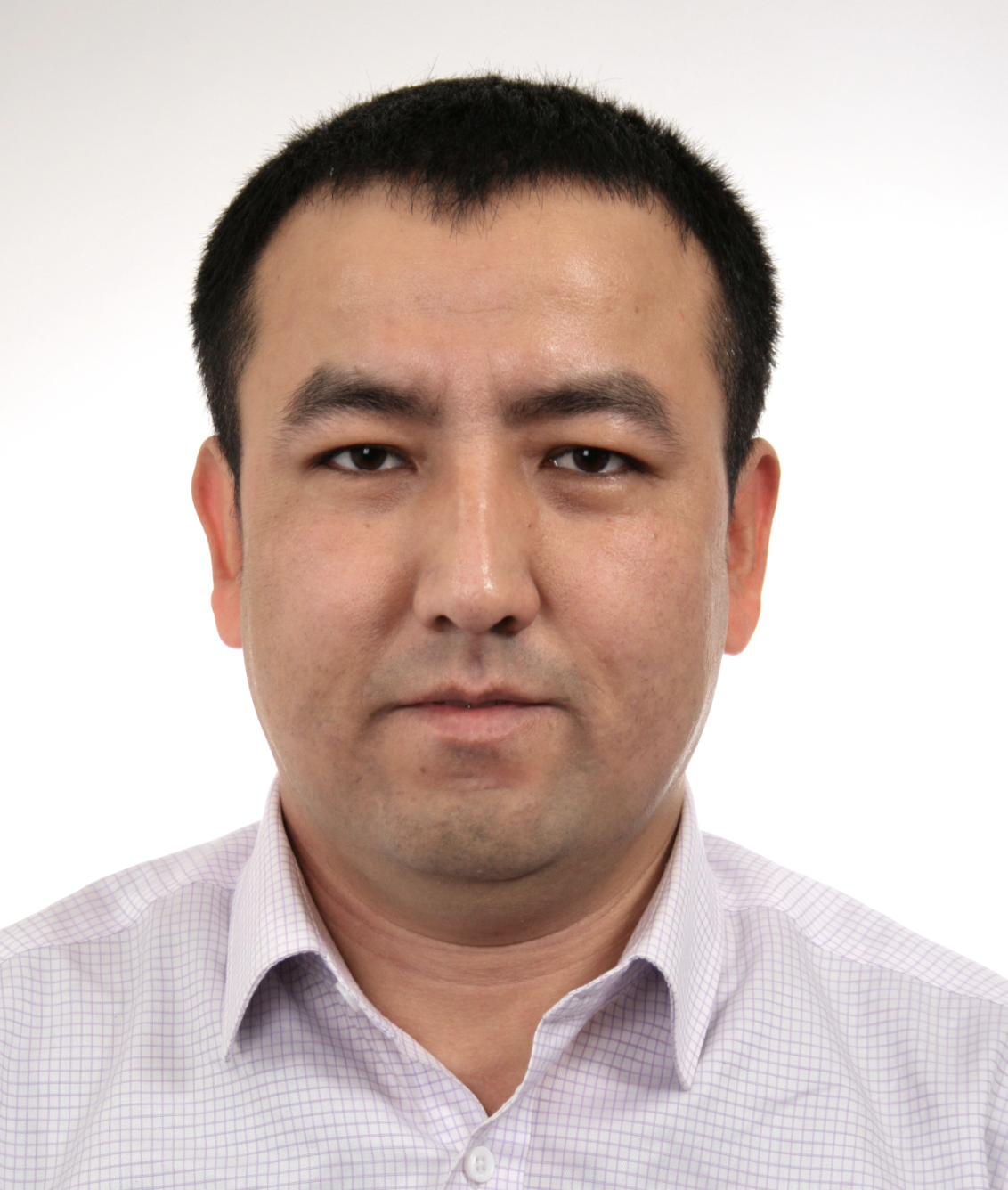DCZ expert Ahmatjan Rouzi on 6 January attended the 12th Tsinghua Three Rural Affairs Forum held at Tsinghua University in Beijing. Dedicated to the three rural issues of agriculture, rural areas, and farmers, this annual forum typically follows the Central Rural Work Conference (CRWC), where annual agricultural policies are laid out for the coming year. Current and former agricultural policy makers together with well-known agricultural experts from China outlined their interpretations of the last CRWC held in December 2023 and shared their insights and projections for agriculture policies in the coming year and beyond.
This year’s forum centered around the topic of “Coordinating the new type of urbanization and comprehensive rural revitalization”. The discussions revolved around solutions and new pathways to build a “strong agricultural nation” and achieve comprehensive rural revitalization.
The party secretary of Tsinghua University, QIU Yong, delivered the opening remarks, in which he emphasized the contribution of his university in offering solutions and training talents for the three rural affairs in China. In his keynote entitled “Acceleration of Chinese style agricultural modernization”, academician HU Angang, dean of contemporary China studies at Tshinghua, highlighted the accomplishments of Chinese-style agricultural modernization under the challenging natural resources conditions.
Prof. HUANG Zuhui from Zhejiang University shared experiences from the “Thousand—Ten Thousand Project” (千万工程 qianwan gongcheng). The project was initiated in 2003, when general secretary Xi Jinping was the governor of Zhejiang province and refers to “Demonstration in a Thousand Villages, Rectification in Ten Thousand Villages”. Its goal is to select 1,000 villages as examples to showcase certain practices or improvements, while aiming for the overall improvement or rectification of 10,000 villages. According to Prof. Huang, the initiative has been very successful, narrowing the urban-rural divide in Zhejiang province. The experience, he emphasized, should be expanded to the whole nation.
Academician ZHAO Chunjiang underscored the importance of digitalization in modernizing Chinese agriculture with various autonomous agri-machines, sensors and artificial intelligence (AI). While acknowledging China’s progress, he highlighted the necessity to enhance agricultural sensor innovation and AI capabilities to catch up with advanced economies in North America and Europe.
In his speech titled “Advancing agricultural green development and rural business system reform,” YU Xinrong, former vice minister of the Ministry of Agriculture and Rural Affairs (MARA) expressed that promoting agricultural green development holds significant practical and policy implications for the innovation of rural business systems.
Concluding the forum, CHEN Xiwen, former chair of the Agriculture and Rural Affairs Committee of the 13th National People’s Congress of China, presented solutions for integrated urban-rural development.” He outlined the following solutions to better integrate urban and rural development:
- Promoting the urbanization of agricultural migrant workers
- Advancing integrated urban-rural development with counties as the basic unit
- Optimizing the distribution of industries and population
- Seizing the opportunity of information technology development and promoting synchronous development in various aspects
- Incentivizing knowledge and talents to move to rural areas
- Cultivating local talents in villages
In summary, the forum highlighted that rural-urban integrated development will be a primary focus for Chinese agricultural policymakers in 2024.




